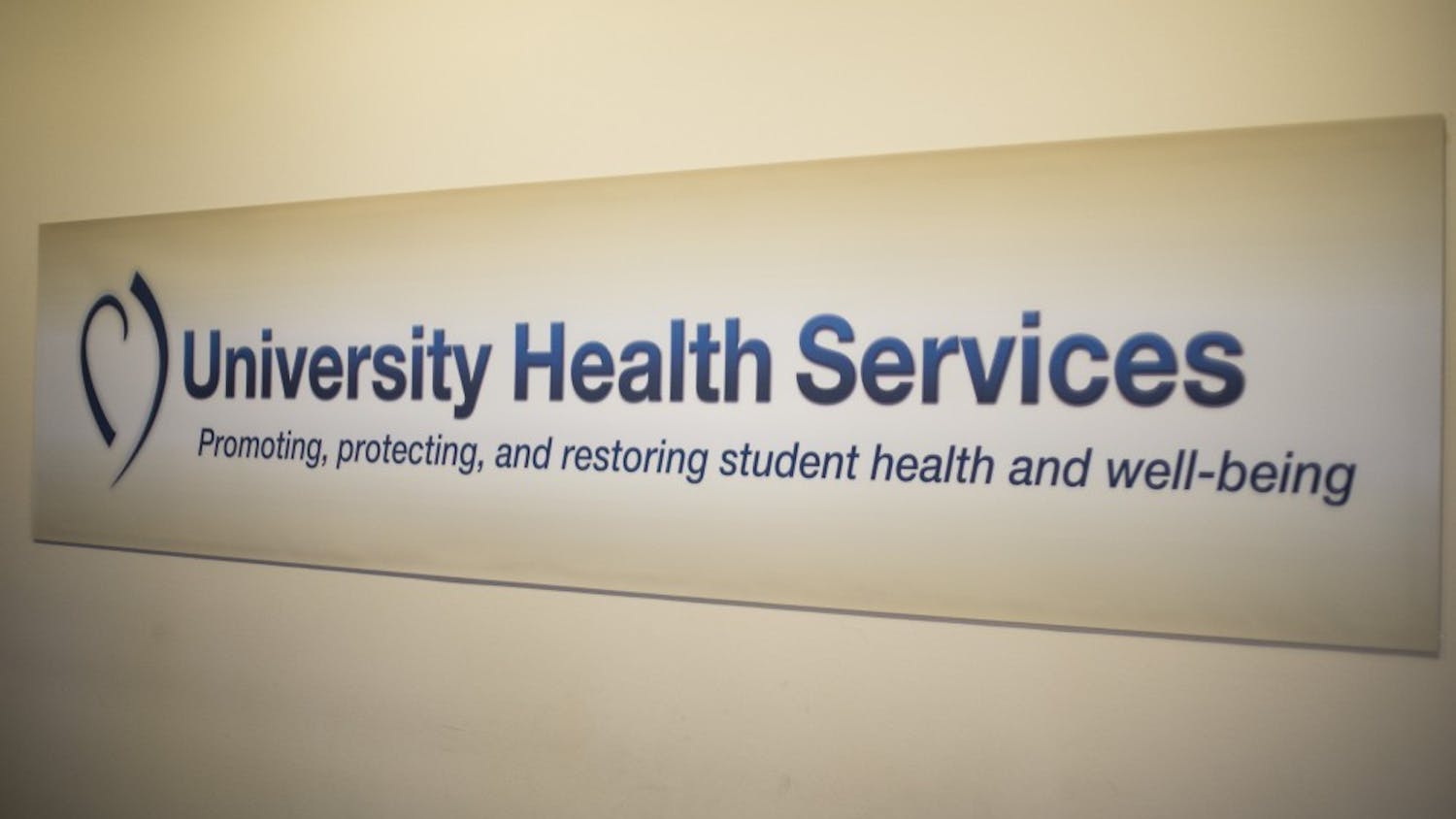This past spring saw a renewed focus by both student and faculty leadership on mental health and well-being for members of UW-Madison’s campus. After a tumultuous past semester, students and faculty now turn to find solutions for an expansive and dynamic issue.
On February 11, the Student Services Finance Committee voted unanimously against University Health Services’ proposed $18.9 million budget.
SSFC, a committee of elected students, allots more than $50 million in student segregated fees each year. UHS is granted $1.2 million with salary and fringe benefits for the Student Health Insurance Plan.
SSFC struck down UHS’ proposed budget for what representatives believed to be a lack of adequate resources put toward mental health support.
An internal study by UHS noted they would have to hire between 19 and 33 mental health professionals over the next five years to meet increasing demand. Students visits to UHS for mental health rose by 34 percent over the past five years at the same time as stigma surrounding the topic has decreased.
In UHS’ proposed budget, they only requested three additional mental health professionals to be hired — not meeting the marks their internal review had demanded.
Students spoke out during the open forum of the February meeting, sharing stories of inadequate help from UHS in their time of need and advocating for a more comprehensive plan to solve this issue.
Wait times for mental health treatment reached as long as 36 days in 2018. Former Associated Students of Madison Equity & Inclusion Committee Chair Agalia Ardyasa shared her concerns over the wait times.
“How are we meant to save our students when we don’t even have the capability to save them?” Ardyasa said at the time.
Former SSFC Chair Jeremy Swanson and Rep. Jon Kim shared how UHS leaders attempted to negotiate with the two, proposing five more mental health counselors instead of the two they had previously requested, provided SSFC voted in favor of their budget.
“It was disingenuous to go directly to leadership three days before their budget was to be voted on and try to put a band-aid on a large issue that is complex and requires a more serious and more thoughtful approach,” Swanson said.
Part of the aim to achieve a more thoughtful approach has come in the creation of two committees: tthe ASM Mental Health subcommittee and the mental health student task force led by Vice Chancellor of Student Affairs Lori Reeser.
“We appreciate the quality of service being provided by Mental Health Services in UHS as well as other campus resources,” Reesor said in March. “We also know we need to do more to provide continued support for our students in order for them to be successful academically.”
The committee has completed their report of recommended strategies for the upcoming semester in tackling this issue but has not made the report public as of yet.
ASM Chair Laura Downer was on both committees and hopes to use the knowledge she gained to make ASM more inviting for students and create substantive change to help student wellness.
“We did a lot of listening, did a lot of figuring out what's existent on our campus and what's missing, so I think next year something we can transition to is more, 'what do we do with this information? How do we make sure people know what resources exist?'" Downer said.
One way Downer and ASM hope to be a driving force in installing change on campus is to be more inviting and open to new students.
“My hope would be that freshmen would know that ASM is a big institution and it's complex, so it can be intimidating sometimes,” Downer said. “But it is approachable, and there are a lot of committees where you can just walk in and have your voice be heard about what you are passionate about.”
Downer additionally noted that part of the solution to the nuanced problem is having all hands on deck in the goal of aiding students in their well-being.
“We’re such a big campus, and even if everyone cares a lot, there’s still areas that are silent. We want to try to fix that as much as we can,” Downer said.
Members of student government and administration alike are expected to continue discussing the best methods for mediating issues surrounding student mental health in the coming months.






